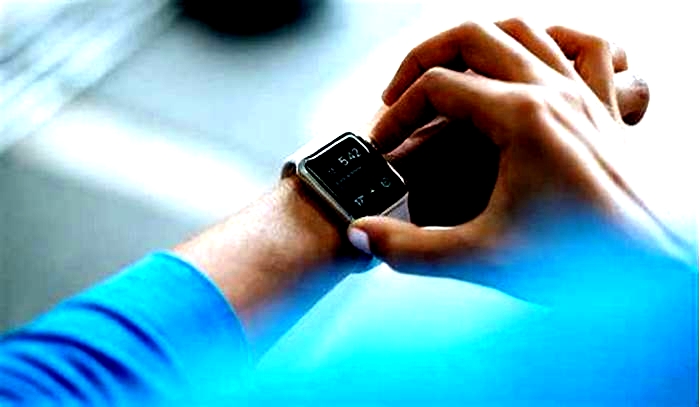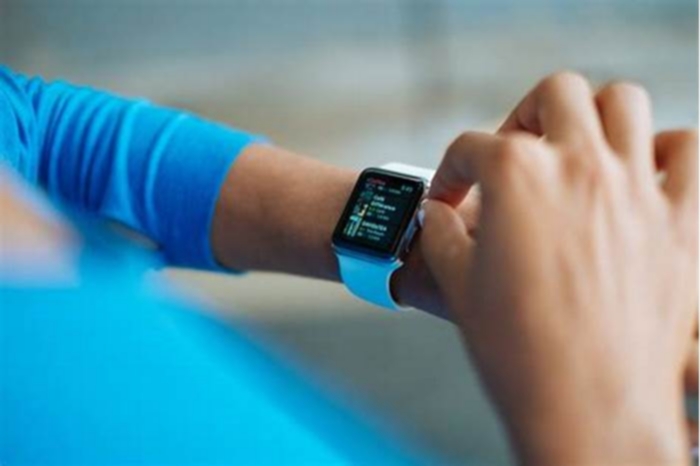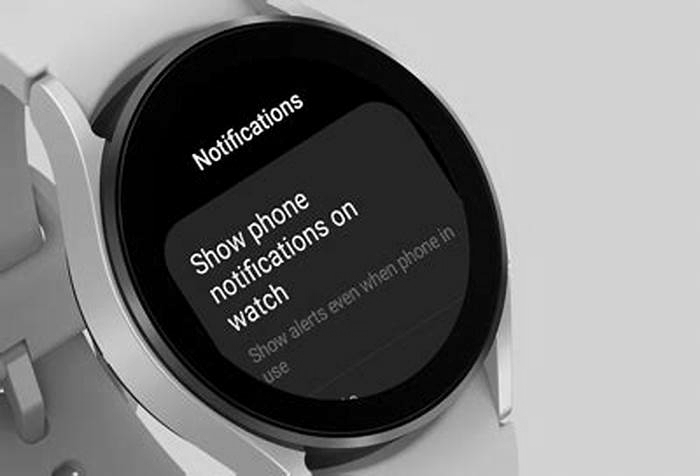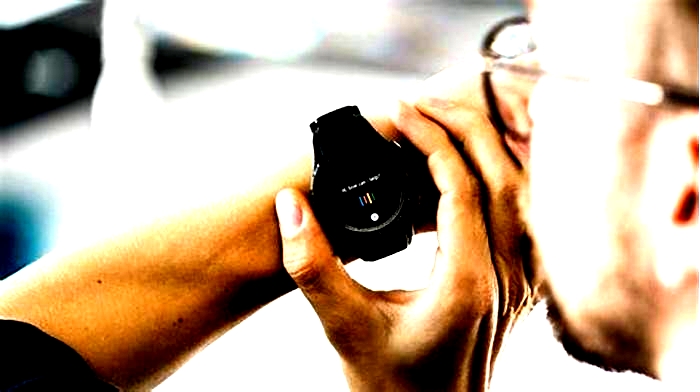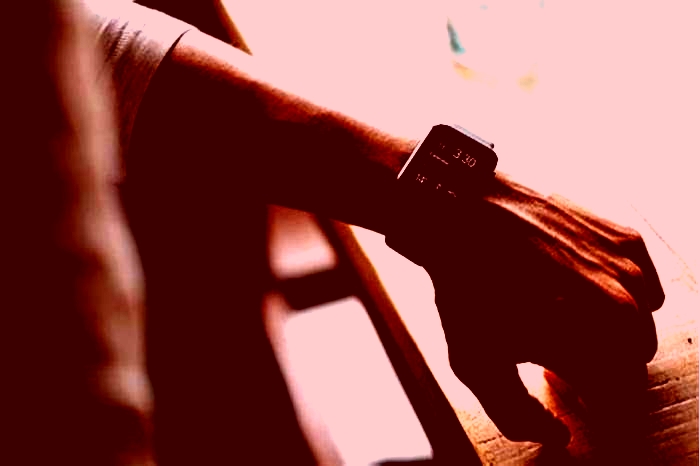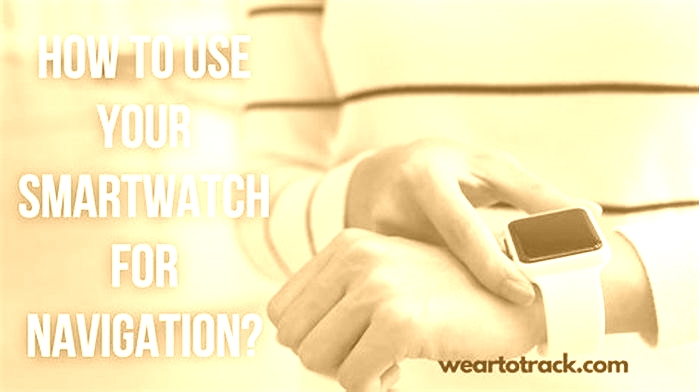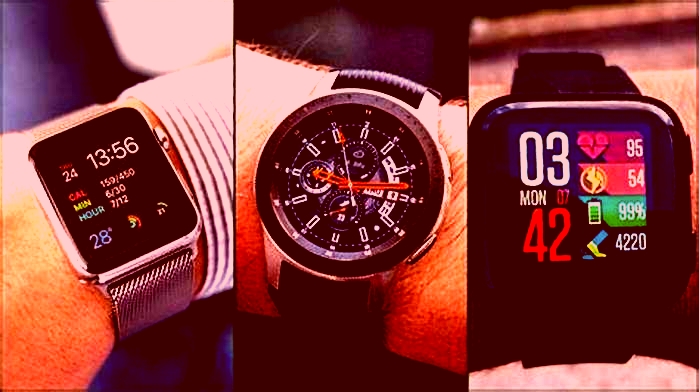How Smartwatches Can Help You Manage Your Time More Effectively
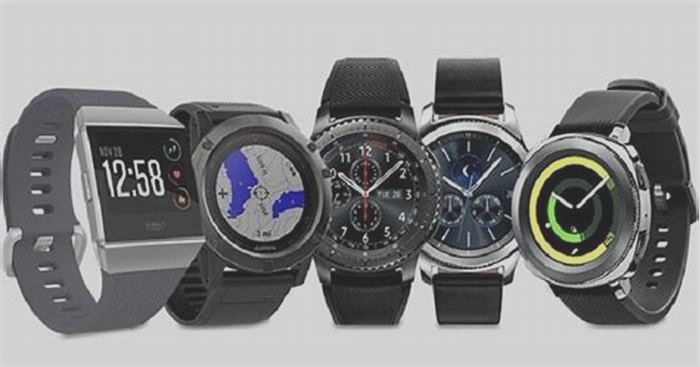
7 Essential Time Management Skills
Learning how to effectively manage your time enables you to meet deadlines, explore new ideas, and find a healthy work-life balance. If you feel overwhelmed and overworked, learning a few time management tools may help you reduce stress and plan how to meet your goals.
In this article, we'll outline seven skills that, when developed, can give a big boost to your productivity.
What is time management?
Time management is the art of effectively planning your time. This allows you to efficiently and productively complete the activities and tasks you need to in the appropriate amount of time. Time management also involves prioritizing your to-do list so that you complete urgent or important tasks before others. This helps to avoid missing important deadlines or rushing through important tasks.

Build job-ready skills with a Coursera Plus subscription
- Get access to 7,000+ learning programs from world-class universities and companies, including Google, Yale, Salesforce, and more
- Try different courses and find your best fit at no additional cost
- Earn certificates for learning programs you complete
- A subscription price of $59/month, cancel anytime
7 time management skills
If you're ready to take control of your time, work on developing these seven time management skills.
1. Prioritization.
To effectively manage your time, you will need to decide in which order you should complete your tasks. Reviewing your schedule each day and labeling your to-do list with whether tasks are urgent, important, or neither can help you decide when and how to manage your time throughout the day. In general, you will want to prioritize your urgent tasks in the order of their importance. Following this, you can complete your non-urgent tasks in the same manner. This makes sure you complete critical tasks with the needed attention and time.
One key difference when prioritizing tasks will be between urgent and important tasks. Urgent tasks are ones that you must complete as soon as possible, while important tasks are those that matter, and not doing them may lead to negative consequences, but there is more flexibility on when they get done.
For example, picking up your prescription from the pharmacy is an important task because you likely need the medication, and waiting too long could have negative health consequences. However, you may have freedom over the next couple of days as to when you pick up the prescription. If you are expecting an important phone call and your phone rings, then picking up the phone call is an urgent task. This is because it is a task that demands your immediate attention.
2. Goal setting
Goals give a measurable way to determine progress toward the end product. Setting goals can help you organize your to-do list and determine the priority of your tasks. If you have a goal set for the end of each week or month, then you can create a priority list specifically for each goal. This can reduce the feeling of being stressed or overwhelmed when working toward larger goals.
Read more: What Are Your Career Goals? Tips for Setting Your Goals
3. Planning
Writing down your schedule can give you a realistic idea of how much time you have to allocate to different tasks. For example, you may have a standard 9-to-5 work day and assume you have eight hours to complete your five project-based tasks of the day. Lets say you then write down your schedule, and see you have an hour-long lunch meeting, a 30-minute internal meeting on a different floor, and have to leave 30 minutes early to pick up your kids from school. When you write this down, you see you actually have six hours outside of meetings.
By breaking down your schedule, youll realize each meeting is a 10-minute walk from your office. In addition to this, you know it takes you at least 10 minutes to get organized at your desk before beginning work each time you return, and you will need a 30-minute break in the day to recharge. You now realize you have to factor in 40 minutes of walking time and 50 minutes of non-working time at your desk. This leaves you 4.5 hours of working time for your project-based tasks.
By writing down your schedule, you can better allocate time for each task and make reasonable plans for your day.
Tip: Analyzing your daily and weekly patterns can help you find which times in the day you are typically most productive. Some people may find they tend to have hours of uninterrupted time before lunch, while others may work their best in the afternoons or evenings. By understanding when you are able to focus best, you can schedule more complex tasks during these hours. For mindless and simple tasks, you can schedule these assignments during less focused hours.
4. Delegation
Delegating tasks is an important skill to avoid being overwhelmed. If you have the capacity to delegate tasks within your workplace, consider assigning certain projects to team members that have the capacity to take them on. This gives you time to focus on more challenging tasks.
5. Setting boundaries and saying "no"
If your supervisor or colleague asks you to complete a task and you do not have the time, practice being assertively honest about your work capacity and current workload. Taking on too many responsibilities can prevent us from completing important work and contributes to missing deadlines. If you are repeatedly assigned more tasks than you are able to effectively complete, consider scheduling a meeting with your supervisor to discuss the limits of your role and how you can best perform in your current position.
Read more: How to Set Boundaries at Work
6. Focus
Creating an organized workspace can help you focus on your assignments and prevent wasting time on distractions. To work productively, make sure you are able to find needed materials, a place where nobody will interrupt you, and a comfortable space.
Instead of trying to complete several tasks at once, focus on one task at a time. This may improve the quality of completed tasks and allow you to reduce distractions.
7. Automation
Many technologies exist to automate common workplace tasks. Depending on your profession, using project management software, human resource software, email templates, or scheduling software may be able to help streamline your workload.
Benefits of good time management
There are many benefits of managing your time well in the workplace. In general, those with good time management skills will experience the following benefits compared to professionals with poor time management skills:
Lower levels of stress
Lower anxiety levels
Improved reputation in the workplace
Better focus
More productivity
Improved decision-making
Attainment of goals
Increased ability to meet deadlines
Improved work quality
Better work-life balance
Increase professional confidence
More free time
More energy for personal activities
Next steps
Empower yourself to reach your goals at home and at work with Achieving Personal and Professional Success from the University of Pennsylvania's The Wharton School. Learn how to define success, communicate more effectively, and use your influence through hands-on exercises, surveys, and case studies, all at your own pace.
Best Time Management Smartwatches And Apps To Boost Productivity
Because there are so many distractions in the current world, time management is one of the most pressing challenges. That is why it is critical that you successfully manage your time, which will increase your productivity.
Fortunately, we have wearables and apps to help you manage your time more effectively.
This article will present the finest smartwatches and time management apps to help you be more productive. Let's get this party started.
Best Watches Used For Time Management
I prefer smartwatches over traditional watches since they do everything better regarding time management. Smartwatches support timers and apps, which can help you manage your time more effectively.
So I did my research and chose the finest smartwatches for time management.
Apple Watch Series 6
When it comes to Time Management, the Apple Watch Series 6 is one of my favorite smartwatches. The watch includes many useful features, including alarms, timers, and time management apps.
Furthermore, the Apple Watch Series 6 includes advanced functions such as fall detection, SOS, Heart-rate Monitoring, Activity Tracking, and ECG, making it an excellent choice for anyone looking to keep active. As a result, Apple Watch will assist you in managing your time and monitoring your health. Overall, it's a good smartwatch that's an excellent choice if you own an iPhone.
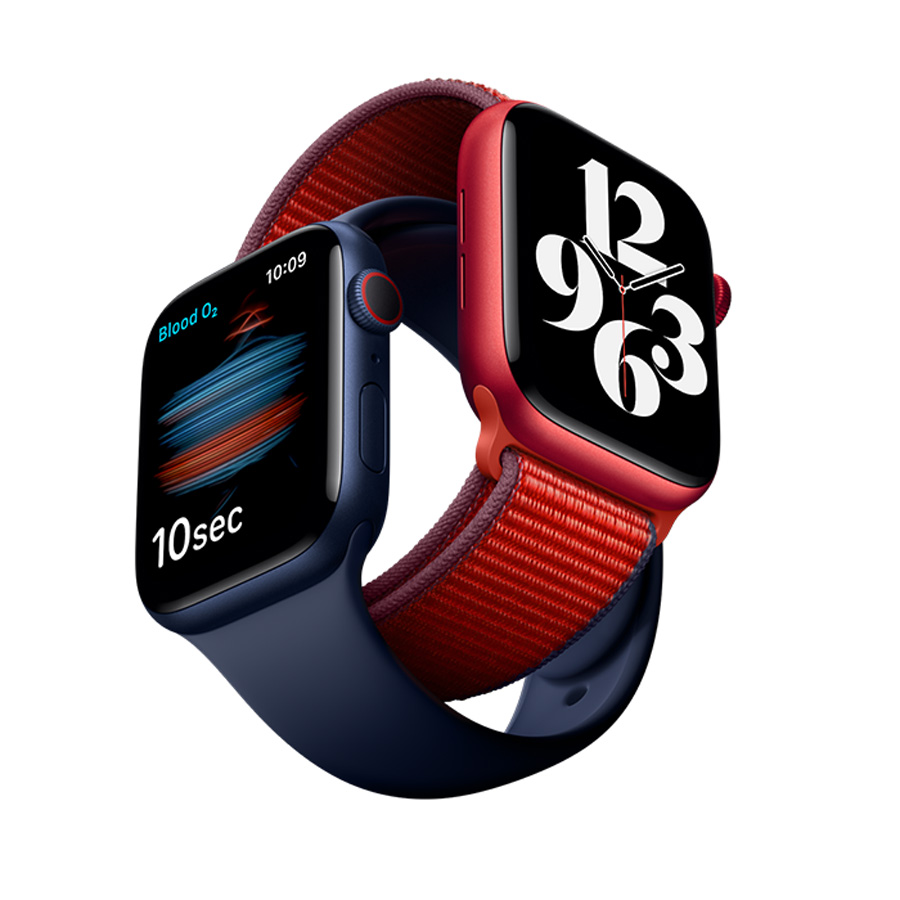
Honorable Mention:The Apple Watch Series 6 is a premium smartwatch, but the Apple Watch SE is a more cheap option. It is an affordable option with great functionality, but it lacks some advanced functions such as ECG, but it offers great value for money, and you get dozens of apps to help you manage your time.
Additional Reading: Best Stress Monitor Apps for Apple Watch
Fitbit Versa 3
This is a well-known brand in the smartwatch industry, and the company is well-known for producing high-quality smartwatches. Fitbit Versa 3 is the latest and finest Smartwatch with many useful functions.
Fitbit Versa 3, like the Apple Watch Series 6, comes with several functions to help you manage your time properly. Furthermore, it has functions such as heart-rate monitoring, distance tracking, and a blood oxygen sensor to keep you on track with your health.
What I enjoy about the Versa 3 is that it has rapid charging so that you can charge your watch in a matter of minutes. Overall, the Versa 3 is a good smartwatch and an excellent choice for Android users.
Honorable Mention:Fitbit Sense is another amazing smartwatch with great functionality, but it is also more expensive. Fitbit Sense should be considered only if you require additional capabilities such as advanced stress tracking, ECG, and blood oxygen saturation.
Thanks to an improved sensor, Fitbit sense can also detect your skin temperature. If you want to learn how Fitbit sense measures your temperature, I've covered it in great detail in this guide. Like the other smartwatches on this list, Fitbit Sense comes with various useful time management capabilities.
Additional Reading: Which is better: Fitbit Charge or Samsung Galaxy Watch?
Samsung Galaxy Watch 3
The Samsung Galaxy Watch 3 is widely regarded as one of the best smartwatches available. It has an excellent design and advanced functions, making it an excellent choice for many individuals.
The Galaxy Watch 3's design, which is quite sturdy, is my favorite feature. Furthermore, it has ECG, Heart-rate monitoring, activity tracking, and various exercise modes, which is a plus.
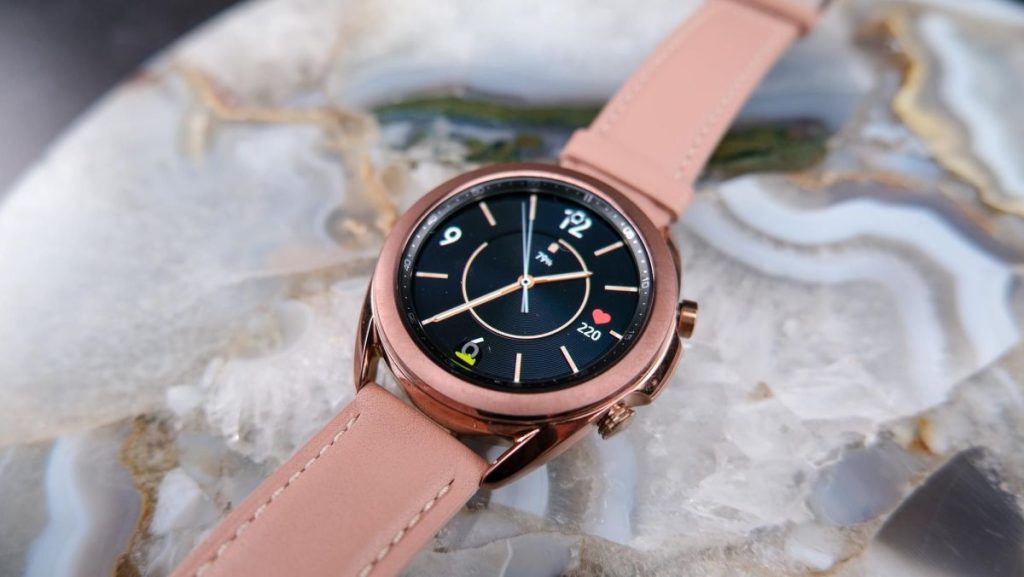
The watch also provides access to the Galaxy store, where you can find a plethora of useful time management apps to help you get things done on time. Overall, the Galaxy Watch 3 is an excellent wristwatch that you should consider if you own an Android device.
Honorable Mention: The Galaxy Watch 3 has a distinctive look that may not appeal to many people. So, if you're searching for a minimalistic timepiece, take a look at the Galaxy Watch Active 2, which is also a very capable smartwatch. It also has functions like ECG, activity tracking, and others.
How to pick the best Smartwatch for time management?
The most straightforward way to choose the finest Smartwatch for time management is to evaluate which smartphone you own. I recommend purchasing an Apple Watch if you have an iPhone because it is nicely integrated within the Apple Ecosystem and works well for Apple customers.
Other smartwatches are an option, but they will not be integrated with the Apple ecosystem.
If you use Android, you should look for smartwatches that operate nicely with Android. It would be best to choose Fitbit, or Samsung watches in your scenario because their smartwatches work well with Android smartwatches.
Best Apps for Time Management
Smartwatches have built-in capabilities for time management. You may, however, install other apps to take your time management to the next level.
I've personally used several of these programs, so you can be confident that you'll receive useful recommendations.
Let's have a look at the top Time Management Apps.
Google Keep
Because of its features and cross-platform support, Google Keep is undoubtedly the best App for Time Management. What I enjoy best about Google Keep is that it is available on all major platforms, including Android, iPad, Apple Watch, PC, and Web.
Create a task list on your computer, and the software will sync it across all linked devices, making it simple to stay organized.
To-do lists may be created in Google Keep, and things can be crossed off when they are completed. Similarly, you can take notes with this app. Another advantage of Google Keep is that it is entirely free to use.
![]()
TogglMe
TogglMe is one of the greatest time management apps for Samsung Watch owners. TogglMe's best feature is that it works offline as well, and once connected to the internet, it syncs data across all linked devices.
It's a time management program that allows you to keep track of many projects. You can start new projects and track how much time you spend on each.
The program also delivers a completed report of your previous week so you can see how you spent your time on various assignments. TogglMe is premium software that costs $1 on the Galaxy Store.
Todoist
This is one of the top Time Management Apps for Apple Watch and Google WearOS smartwatches. Todoist, like other time management applications, has fantastic features that make it easy to manage time.
With an easy User Interface, you can effortlessly add new tasks and keep track of your chores. The program also divides the chores into sections, making it easy to determine which jobs are urgent. You can also label the tasks for better time management. Todoist is free to use. However, it does require in-app payments.
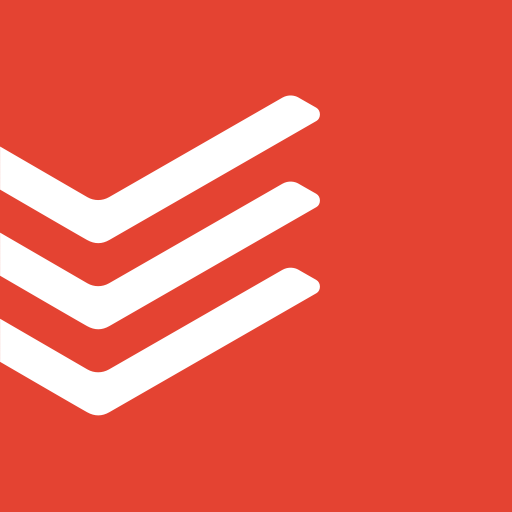
How to pick the best time management app for your Smartwatch?
In this tutorial, I've provided the three greatest applications that operate on most smartwatches. I would recommend that you look into the Apple Watch or Samsung Smartwatches, as these two platforms have a plethora of time management (and general) apps.
When it comes to the finest time management app, choose the one that best meets your needs. I prefer Google Keep because it is an excellent time management program that is also absolutely free to use. If you own a Samsung product, you should try TogglMe, which is undoubtedly the best time management app available on the Galaxy Store.
FAQ
What is an effective method for keeping track of your time?
Time management applications are the most effective way to keep track of your time. You can construct fast tasks that you need to finish in a day and then use the time tracker to track how much time you spend on each activity. This way, you'll know how much time you're devoting to each task and may make changes to manage your time better.
What is the greatest app for managing your free time?
There are other time management applications available, but Google Keep is the way to go if you want the best. Todoist is a more advanced app that you can consider if you want something more advanced. It's not a free program, but it provides many functions for free, which is ideal for many people.
Conclusion
That's all for now, guys. In this post, I discussed the top smartwatches and time management applications. You may use these wearables and apps to improve your time management. Kindly leave any thoughts or suggestions in the comments section.
MA student of the TransAtlantic Masters program at UNC-Chapel Hill. Political Science with a focus on European Studies. Expressed ideas are open to revision. He not only covers Technical articles but also has skills in the fields of SEO, graphics, web development and coding..

